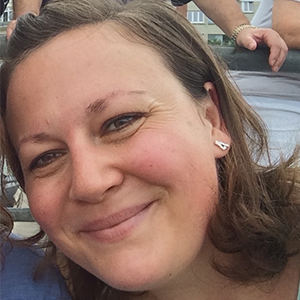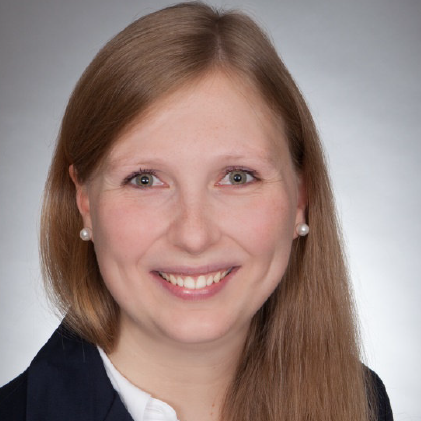As you may have noticed from previous blog posts, such as Why you should invest time on translation keys or Rocking the stage with a software localization tool we invest a lot of time in our translation process. To get further insights into the magic of localization at ePages, we have interviewed our Localization Manager Christina:
Hi Christina. Thank you for taking the time to do this interview.
I’m happy to. All of a sudden I had this appointment in my calendar 😉.
Could you tell us a bit about your background, and how you got into your role as a Localization Manager?
Sure. I studied International Technical Communication (MA Internationale Fachkommunikation) at the University of Hildesheim, as I was interested in the combination of language and technology. A part of my studies was a mandatory internship which I did at ePages. During my internship, I was so fascinated by the company and the colleagues, that I decided to also write my master thesis here.
It turned out that localization was a good topic, because ePages had already discovered that there were some things to improve. The internal processes between UI writers and developers, as well as the translation process required a closer look. And the scope was suitable for a master thesis.
Now that I was so familiar with the topic of software localization, and introduced new processes as well as a localization tool, I stayed as a Localization Manager.
How does localization of ecommerce software work?
It’s not so much different from localizing any other software, I guess. But we work agile. We have many small features at short intervals, and therefore smaller translation packages. For this reason (and several others), we decided to use Phrase as our localization tool.
Why Phrase?
It facilitated the communication with the developers A LOT. They can concentrate on development, while I can still arrange the coordination and translation of new features in a timely manner. What’s more, Phrase comes with a Translation Memory and an In-Context Editor. Especially the topic of providing context to our translators was a big issue before we introduced the tool.
How much programming must a Localization Manager know to work on software localization?
Well, you don’t need to be a developer, but it helps if you understand what they do and how they do it. For example, while optimizing our processes, we also improved how developers should craft translation keys. If developers do translation-related Pull Requests, I check the keys accordingly. And sure, it’s beneficial to know the GitHub stuff.
How many languages do you take care of? Do you have to speak all of them fluently?
Oh, it would be nice, if I could speak all of our 16 languages fluently! Internally we take care of German, English US, and English UK. But I’m not so much involved in the process of crafting UI texts. It’s more about having the complete overview of the whole process, coordinating the texts with our translation agency, and being in touch with the developers, and UI writers, and such things.
What challenges have you faced so far?
I had various challenges, and all of them were exciting. I had to set up a new translation process and understand the work procedures, and requirements of each and everyone involved. And sure, there were some setbacks. But we have coped.
There were also things coming my way I did not think of from the beginning. For example, it was not that easy to find translation agencies that committed to work with Phrase, and also to work agile. We had to make some compromises. But we found a way, and we are constantly striving to improve the process.
After a year with the new tool and process, we did a retrospective with the teams involved. The outcome was amazing, and showed me that the effort was worth it. That’s a great feeling.
What do you specifically like about your job?
It’s great that I have this language component in my daily work, so there’s a direct relation to what I studied. I like the close contact to the development teams, and the UI writers. It feels good to know that I can make my colleagues’ work easier by coordinating the translations, and keeping track of the processes. This job absolutely never gets boring.
What’s more, I’m not a full-time Localization Manager, but also a Technical Writer. I love to also tackle other areas in the field of Technical Communcation, such as writing help articles, or API documentation. This helps me to understand the software and our developers’ work even better, which in turn is beneficial for my localization tasks.
What are your goals for 2019?
I’d like to find more use cases for using Phrase within the company, as well as to equip our new product with a new language. And of course, I will never stop improving our current translation process.


